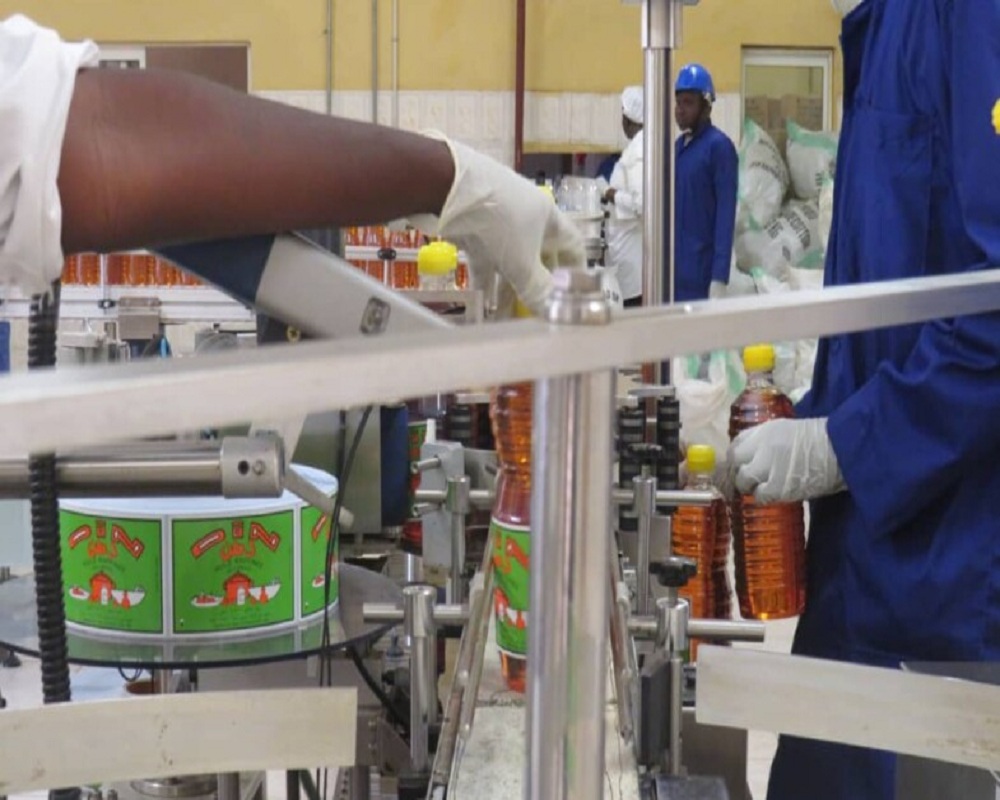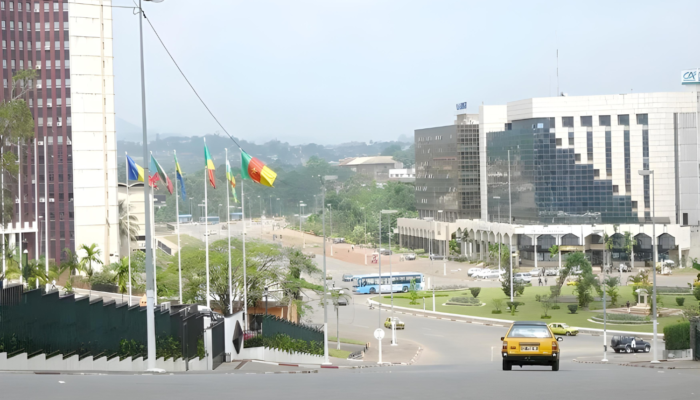A virtual meeting of senior representatives of the eleven countries of the Economic Community of Central African States (ECCAS) was held on Friday. It made it possible to discuss the opportunities to be seized from the African Continental Free Trade Area (AfCFTA). This virtual exchange organized by the ECCAS Commission and moderated by its Commissioner for the Common Market, Economic, Monetary and Financial Affairs, Mr. François Kanimba is part of the open days of the regional economic community marking its 37th anniversary.
“The African Continental Free Trade Area (AfCFTA) will provide the opportunity to create a market of over 1.2 billion people with a cumulative GDP of US $ 2.5 trillion, but which can be traded by countries of Central Africa in this new continental market? ”
“Due to COVID – 19, Africa is unable to access the food it typically imports from other parts of the world. With its vast expanses of arable land and a homogeneous set of agricultural geographies, why can Africa not produce these commodities locally instead of importing them? “
“Faced with major advances in terms of battery storage (reaching 500 MW) and the high levels of solar irradiation in Chad and North Cameroon, why not promote renewable energy, in particular solar, in order to create development opportunities in the hinterland of Central Africa? “

“The Republic of Congo is endowed with significant deposits of potash, an essential mineral for the production of agricultural fertilizers, with a gross value of more than US $ 2 trillion. Why not produce locally the fertilizers and other chemicals necessary for agricultural production as part of a value chain at the continental level that includes producers of natural gas and phosphate, such as Angola and Morocco, respectively?”
These were the points of reflection made by the Director of the Subregional Office for Central Africa of the United Nations Economic Commission for Africa (ECA), Antonio Pedro during this meeting.
He welcomed the fact that 8 of the 11 member states of ECCAS have ratified the AfCFTA Agreement. However, he lamented the fact that Central Africa is found at the bottom in most rankings of regional integration indices, especially the share of intra – Central Africa trade.
According to Pedro, the dynamics of the demand shock engendered by AfCFTA and COVID – 19 reinforce the fundamentals of an inward-looking development agenda. He demonstrated how the countries of Central Africa could benefit from the AfCFTA, thanks to the Master Plan for Industrialization and Economic Diversification of Central Africa (PDIDE-AC), under development with the support of the ECA, to develop integrated regional value chains. He urged captains of industry in the region and beyond to seize this opportunity.
The Commissioner for the Common Market, Economic, Monetary and Financial Affairs, of ECCAS, Mr. François Kanimba declared that the initiative reflects the vision of the new ECCAS Commission which intends to change the communicative approach of the ECCAS. executive body with regard to the Member States, partners and peoples of the Community, with a view to increasing the visibility of its work.
He justified the choice of the theme by the need to have updated information on the provisions of the Member States relating to the entry into force of the AfCFTA scheduled for January 1, 2021. This, in order to identify the relevant actions to be incorporated into the Commission five-year strategic plan under development.
During this virtual meeting, the representatives of most of the ECCAS member states declared that they were ready to benefit from the AfCFTA tariff concessions (the list of physical products being available for the most part), while affirming that they were not yet fixed on the list of services concerned. They invited the ECCAS Commission to encourage member countries to quickly examine and approve the proposals of sectoral experts, with a view to the common market.
Representatives of many countries said they were awaiting clarifications from the African Union on the rules of origin for products, especially those from special economic zones.
The ECA Office for Central Africa was commended for its substantial support to ECCAS member states, which consisted in explaining the ins and outs of the AfCFTA. This led to the ratification of the Agreement, the development of national strategies on the AfCFTA and the formulation or revision of master plans for industrialization and economic diversification. The implementation of the said master plans and strategies are springboards which will allow the sub-region to make the most of the AfCFTA.
ECCAS was established on October 18, 1983 by a treaty signed in Libreville, Gabon. Revised and adopted on December 18, 2019, the said treaty entered into force on August 28, 2020. The 11 member states that make up ECCAS are: Angola, Burundi, Cameroon, Central African Republic, Chad, Congo, Democratic Republic of Congo, Gabon, Guinea equatorial, Rwanda and Sao Tome and Principe.





